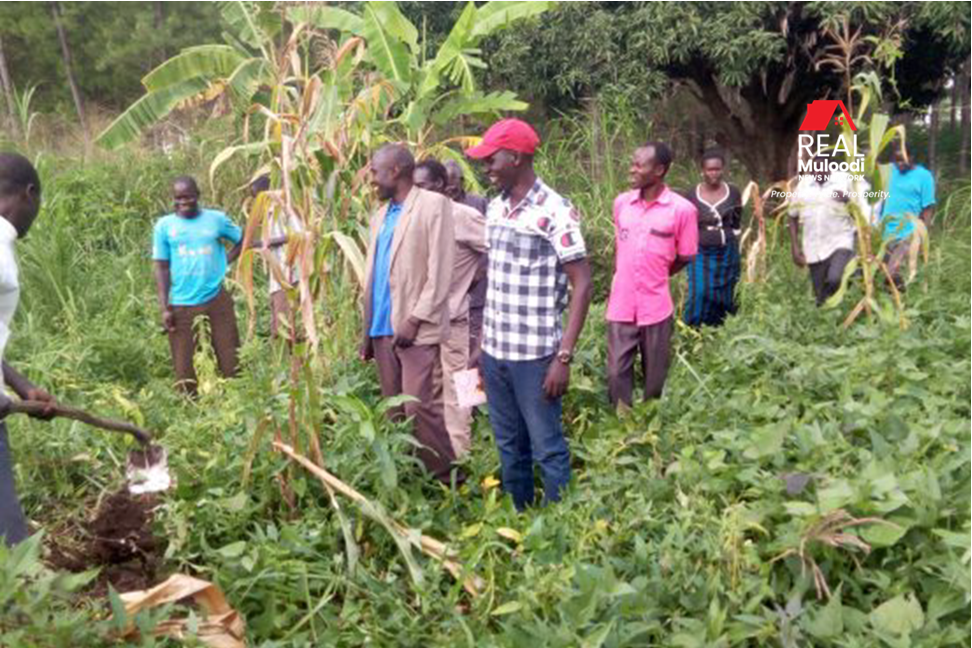UGANDA, Kampala | Real Muloodi News | A newly released report unveiled in Kampala highlights land wrangles as the most prevalent legal challenge faced by Ugandans, reflecting the complex landscape of property disputes across the nation.
Entitled “Justice Needs and Satisfaction in Uganda 2024,” the report underscores that 42 per cent of Ugandans have encountered land disputes, with 23 per cent experiencing multiple legal problems, among which land disputes are paramount.
According to the report, older demographics, particularly individuals over 40 years old, are more prone to perceiving land disputes as their most significant legal concern, indicating a pronounced generational disparity in the prevalence of such disputes.
In addition to land disputes, the report identifies other prevalent legal issues affecting Ugandans’ daily lives, including neighbour disputes (42 per cent), crime (39 per cent), family problems (37 per cent), and domestic violence (33 per cent).
The research, conducted among 6,300 adults in both rural and urban areas between September and October 2023, surveyed respondents on their experiences with legal problems, their methods of resolution, and their perceptions of the resolution process and outcomes.
The findings reveal that a staggering 95 per cent of Ugandans encountered legal problems during the reporting period, with land disputes showing a slight increase compared to previous reports from 2016 and 2020.
Specifically, land disputes were reported at 21 per cent in 2016, 22 per cent in 2020, and 23 per cent in 2024, indicating a persistent and escalating challenge in the realm of property rights and ownership.
The report also provides insights into the demographic distribution of individuals affected by land disputes, with 11 per cent falling within the 18-24 age bracket, 16 per cent between 25 and 39 years old, 31 per cent aged 40-64 years, and 34 per cent aged above 60 years.
Furthermore, the report emphasises Ugandans’ proactive approach to addressing legal issues, with individuals often resorting to direct communication with conflicting parties or engaging in third-party intervention to resolve disputes.
In response to the findings, the report recommends that the government implement preventive and resolution mechanisms targeting the population while advocating for continued data collection on people-centred justice and strengthening the integration of customary and informal justice systems with the formal judiciary.
Principal Judge Flavian Zeija, commenting on the report, highlighted the Judiciary’s commitment to investing in alternative dispute resolution channels to expedite dispute resolution and alleviate case backlogs in formal courts.
He emphasised the need for judicial officers nationwide to embrace Alternative Dispute Resolution (ADR) methods as a means of fostering timely and efficient conflict resolution while addressing the underlying reasons for the public’s preference for informal justice systems over formal court processes.
The Justice Needs and Satisfaction in Uganda reports, supported by the Hague Institute for Innovation of Law (HIIL), aim to enhance access to justice by developing people-centred legal services, with the ultimate goal of enabling 150 million people to prevent or resolve their most pressing legal problems by 2030.
READ MORE LIKE THIS:
Makerere University Professor Urges Real Estate Dealers to Combat Land Wrangles



